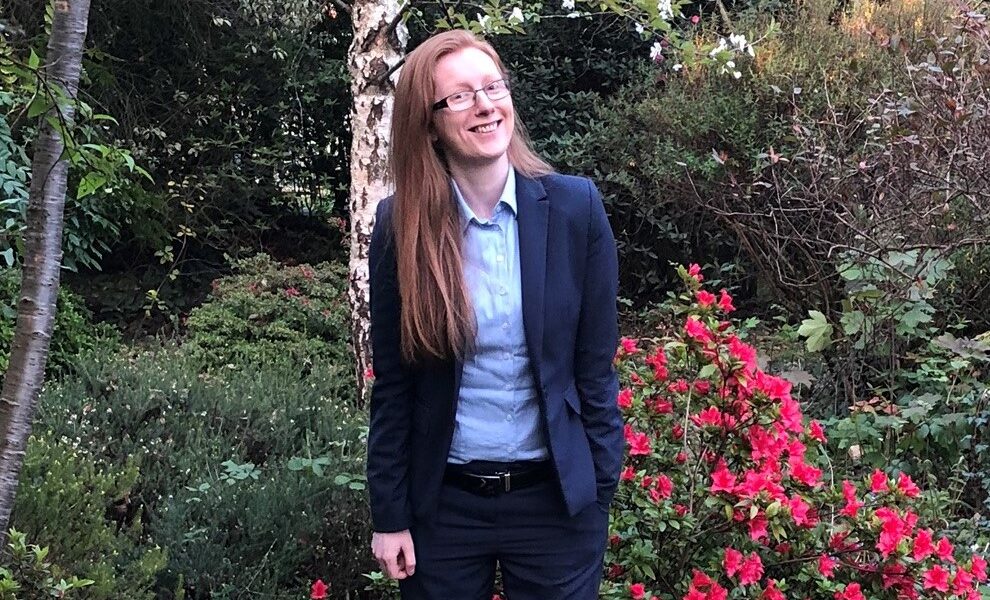Autism and trust
I am taking on new tasks at work, the first of which I started this week. Now normally this would fill me with dread. A new task I haven’t done before. How will it go? What will happen? The unknown is not something my mind can process, as causes it great distress. However, the counteract to that was knowing I had faith in my support system. I both trust the manager handing over the process and my partner who would be with me when I did it.
On the morning of the new task, I was a little nervous I won’t lie. I hated not foreseeing my day. I wasn’t sure what the exact plan was. But when the manager messaged me saying ‘any issues I am here to help,’ I literally breathed out a sigh of relief.
New tasks are scary for me, they always will be. There is no fix to make new things acceptable to an autistic mind. The unknown we can’t place, the unplanned we can’t process. But that email meant if I did come across something that worried me, I had support there to reach out to. Initiating communication can be difficult, especially if I am already at a point of struggling. The manager leaving an open email for me to respond to – should I need help; it made all the difference. Having my partner here with me should I become distressed and unable to rationalise a plan, made all the difference. When things build and I start to freak out, she is the presence I need to advise me who to reach out to and how to word an email.
While I have a brilliant support system at the moment, it hasn’t always been so smooth. I have had people promise to support me through a situation then quite literally dropped me in the deep end. They said it was, and I quote, ‘for my own good’. They thought promising support to get me into the situation, then leaving me to crash my way through it would ‘help me in the long run’.
Yes, exposure therapy can work – sometimes. I used this method, very successfully, with eating at the table with my partner and her family. However, this has to be done with the full consent of the autistic person. It has to be done at the pace set by the autistic person. And if at any point it becomes too much, there should be a way to quickly put the support back in place. Exposure therapy is like learning to ride a bike. You don’t throw a 3-year-old on a bike and let them crash, ‘for their own good’ – you build their confidence and slowly take away their support until they can do it independently.
I have had work colleagues promise support and then nothing is in place on the day. A lure to get me into a situation I hesitated over, only to prove me I couldn’t do it unsupported. This is a one-way ticket to overload in the middle of a busy office.
This is why trust is so important. Words are so often empty when it comes to support. A company claiming to support disabled workers, a manager promising they won’t make me talk in a meeting – only to throw me under the bus halfway through. Equally, I have had managers foresee that a body search would cause me issues and ensured it didn’t happen to me. She was on the ball in real time to make sure I wasn’t put under distress, without me asking.
The only reason I was able to work at the bank is because I trusted my first manager implicitly. As I spoke about in my memoir ‘My Autistic Fight Song’, on the toughest days, the thought that got me into work each day was, ‘I trust X’. I trusted him. I trusted him to be there for me when I needed him, even if I couldn’t communicate that need.
It doesn’t take long for me to realise who I can trust and who I need my guard up around. There are people who have never let me fall and alternatively those who are quick to lure me in for their own gain.
My quality of life, both personally and professionally, comes in surrounding myself with those I can trust. That not only will they keep their promises and their word, but when they’ve promised nothing at all they will be there to support me, should I stumble. Because, often in autistic life as an adult, I will stumble. I will come across something that will knock me a little, shake me a little, and I need a metaphoric steady hand to guide me through it.
Please be that steady hand for the autistic people in your life. The irony that I am more independent when a steady hand is near is not lost on me. Like a child riding confidently with stabilisers, I need to know I will be okay should I stumble.
The difference it makes to know someone is by your side, and on your side, is incredible.
Found this blog helpful? You can support my writing and say thanks by buying me a coffee 🙂
